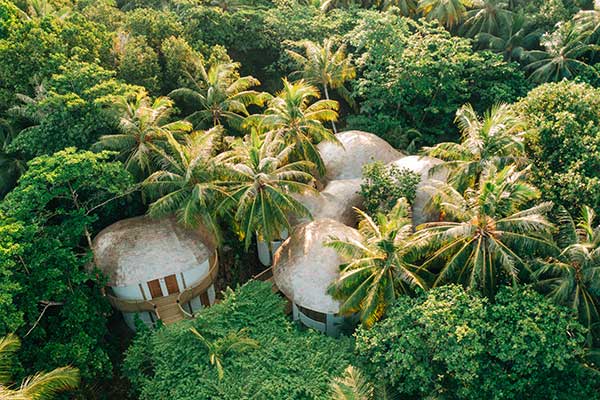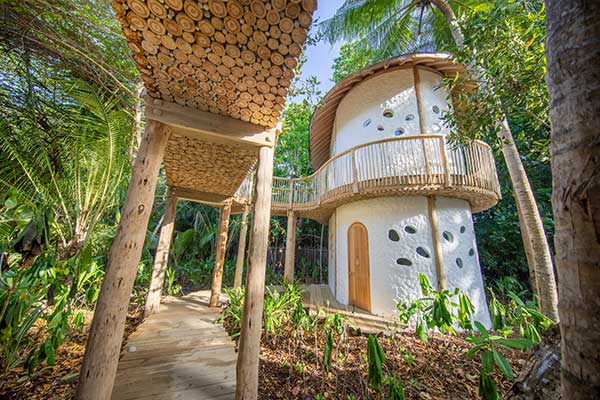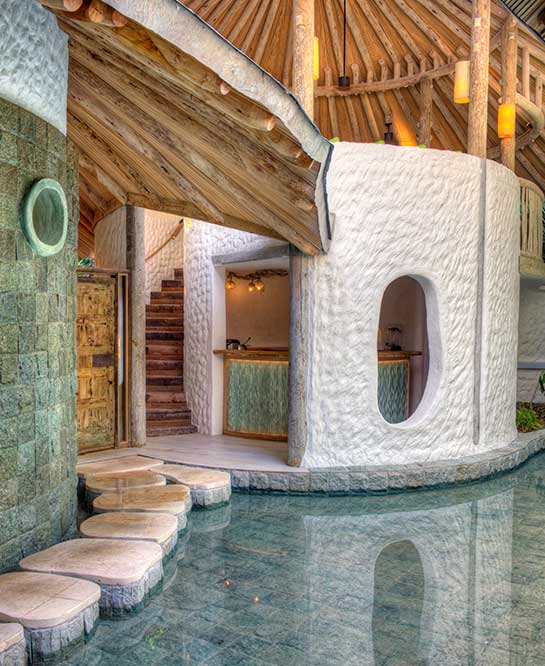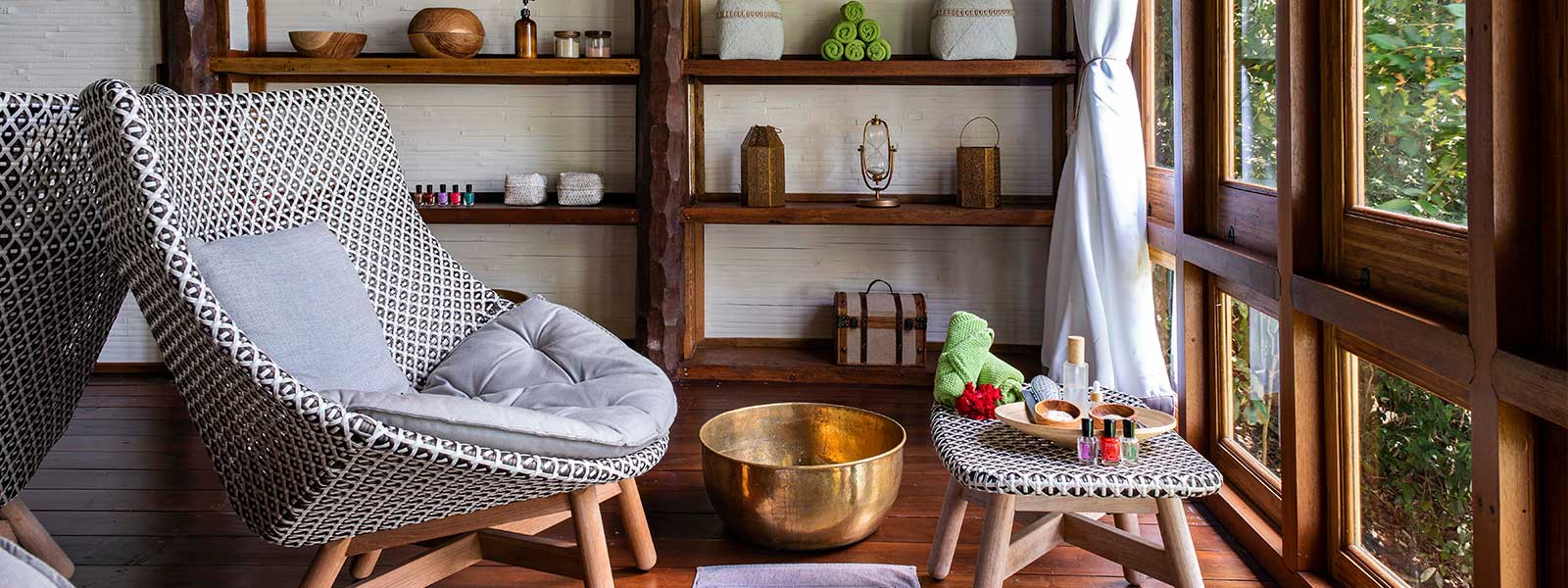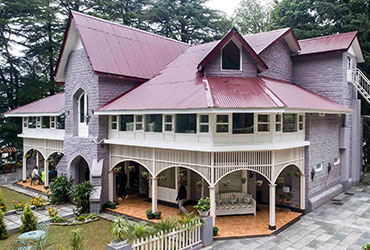Relaxing Eco-Consciously
Sustainability and luxury are no longer mutually exclusive in the travel industry. International luxury properties are now integrating eco-conscious practices into the heart of relaxation—allowing you to actively contribute to environmental preservation while indulging in opulent experiences in what is a win-win scenario.
At the forefront of this initiative are energy-efficient rooms designed to minimise environmental impact. These innovations go hand-in-hand with rigorous efforts to preserve local biodiversity, ensuring that natural habitats continue to remain protected. Furthermore, proactive measures are taken to reduce the carbon footprint, from sourcing sustainable materials to having comprehensive waste management systems in place.
Through these thoughtful and deliberate actions, international luxury properties are setting a new standard for responsible tourism and demonstrating that luxury and mindfulness can, in fact, coexist.
Saffire Freycinet, Australia
Saffire Freycinet in Tasmania's Freycinet National Park is one such. An award-winning luxury resort built with a strong commitment to environmental sustainability, it boasts of only 20 suites with views of The Hazards mountain range.
The property, which stands out for its distinctive design and minimalistic interiors, has replanted over 30,000 native plants and has implemented an airflow system for natural heating and cooling. Further, it supports local conservation efforts. Special attention has been given to bushfire management, rainwater collection and conservation, minimal night lighting in landscaped areas, and thoughtful construction management and long-term site maintenance.
You are encouraged to delve into their ‘eat local’ philosophy and supply chain during your stay. Additionally, Saffire has eliminated almost all single-use plastics and uses plant-based, biodegradable cleaning products.
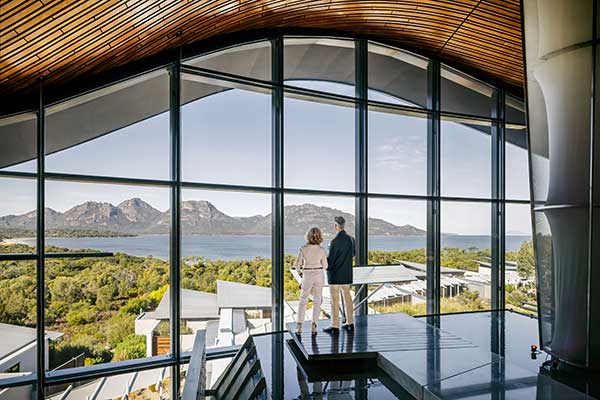
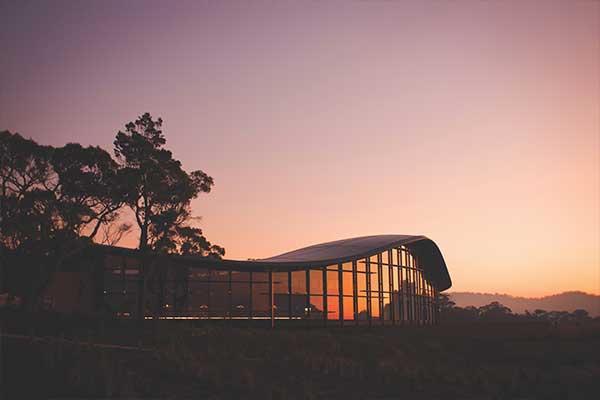
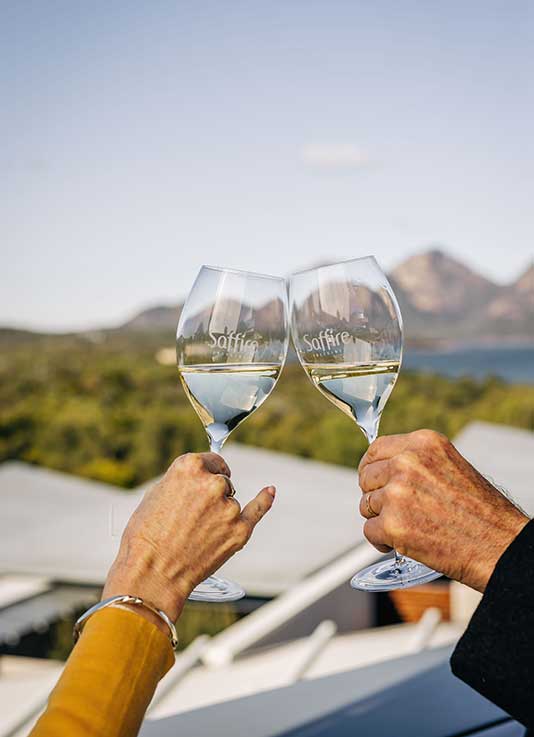
Bawah Reserve, Indonesia
Then there is Anambas, nestled in the untouched corner of Indonesia's Bawah Reserve. Comprising six privately owned islands, it is only 75-minutes northeast of Singapore by seaplane. The property embraces an 'earth-first' philosophy, aiming to offer meaningful experiences while responsibly preserving the environment entrusted to them. Bawah Reserve is a pioneer in the hospitality industry, seamlessly blending advanced technology with ecological conservation. Their solar energy panels provide shade, regulate water temperature and protect aquatic life.
Mirrors, sinks, and bathtubs are crafted from recycled copper, while stairs, paths and foundations are constructed using stones quarried on the island. Rainwater is collected from the roofs of staff accommodation blocks and other back-of-house buildings, and carefully stored for later use. Drinking water is produced using a desalination plant.
Profits from the hotel support the Anambas Foundation, established in 2018, which aims to protect the surrounding coral and fish through a marine conservation programme and improve community welfare through land-based conservation initiatives.
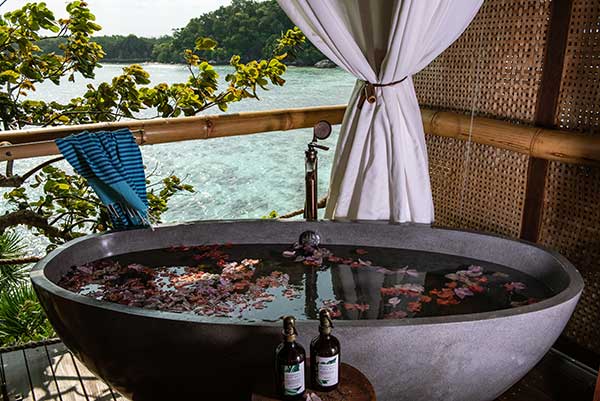
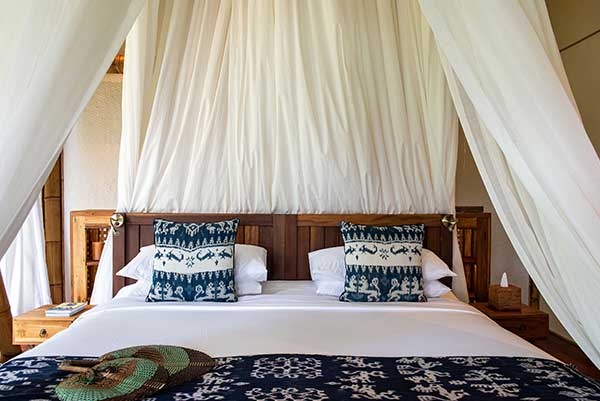
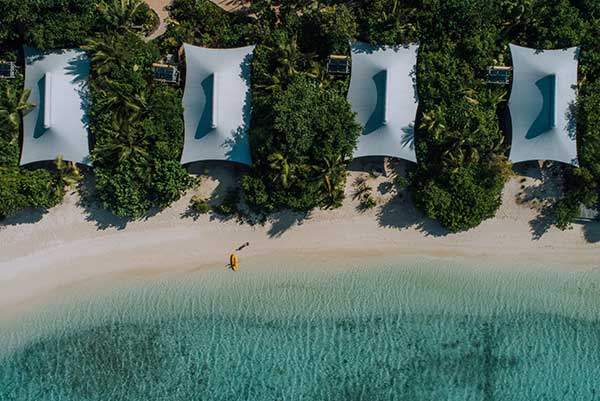
The Dolder Grand, Switzerland
The Dolder Grand manages to combine historic grandeur with modern design. It has 175 luxurious rooms and suites, complemented by world-class restaurants and a spa, all the while offering you breath-taking views of Zurich, the lake, and the Alps. The hotel is committed to sustainable vision, generating all its electricity from hydropower, and using luxurious European-woven linens. In the guest rooms, potted plants replace cut flowers, and the menus highlight seasonal and regional ingredients. Additionally, the hotel provides a fleet of eco-friendly e-bikes, as well as hybrid and electric vehicles.
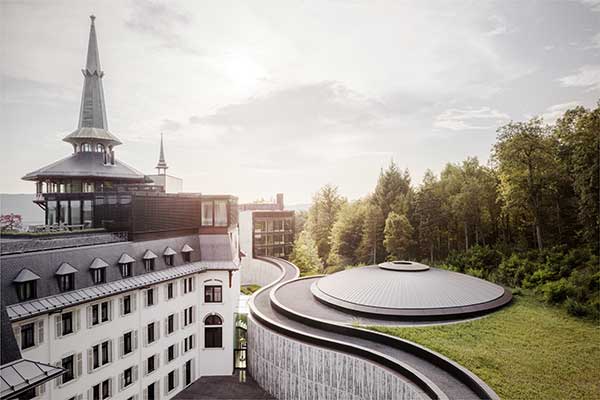
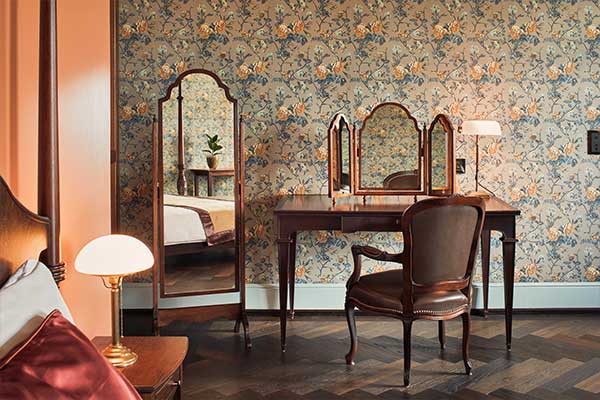
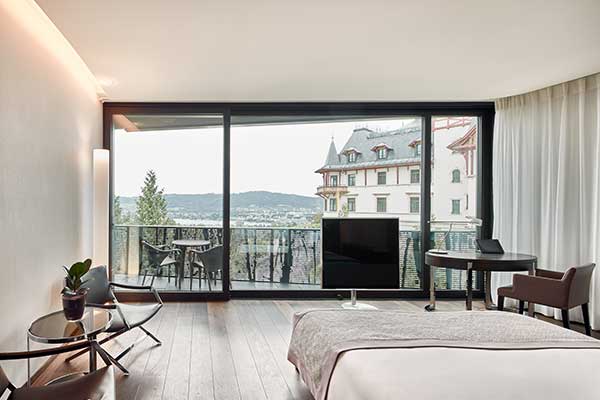
Soneva Fushi, Maldives
Recognised as one of the Most Sustainable Resorts at the esteemed TTM Awards & Gala 2023, Soneva Fushi is an informal yet stylish barefoot luxury resort nestled in the Baa Atoll UNESCO Biosphere Reserve. As a pioneer in sustainable hospitality, Soneva Fushi is dedicated to preserving nature and enhancing energy efficiency. The resort repurposes waste by transforming food waste into compost and creatively converting plastic and cans into art.
By promoting seasonal plant-based diets, it emphasises lower environmental impact. Additionally, Soneva Fushi, along with all other Soneva properties, has been 100% carbon neutral since 2012.
